Here’s a story in the Chicago Tribune about the proposed cuts in state funding for the Eliminate the Digital Divide grant program: Proposed Illinois budget threatens digital literacy program. Here’s a snip related to the impact of the proposed cuts in Chicago:
Michael Matos, director of adult education programs for Albany Park Community Center in Chicago, said elimination of the program would hurt people who “do not typically have opportunities to use computers in their everyday lives, for advancing in the workplace, or to progress in their education.” Matos said many are “low-income families and individuals, limited-English immigrants, especially Hispanics, adults with limited education, and unemployed and underemployed individuals,” including military veterans.
“If the Eliminate the Digital Divide program didn’t receive funding for fiscal year 2016, we would have to discontinue eight training classes that run every six weeks and 12 hours weekly of open community access to the computer technology center,” Matos said.
Matos said about 1,800 people use the center, funded mostly by a $75,000 grant that ends in June.
The State of Illinois Department of Commerce and Economic Opportunity has been an enormously important funder in this space. People and organizations all across the state have relied on these funds to improve skills, get job training, and generally improve their lives.
Here at Smart Chicago, access to technology & the internet and digital skills for all are important areas of focus. The Connect Chicago Challenge, an effort to make Chicago the most dynamic digital city in the country, aligns citywide digital leadership to coordinate and activate digital access and skills development interventions to enable every Chicagoan to fully participate in digital society.
This is an important issue that affects us all. Here’s a helpful cache of public documents about the work of the committee and grantees of the program, including up-to-date notes about the current status of funding and the results of a recent meeting of the Digital Divide Elimination Advisory Committee.
The reporter who wrote this story attended a public meeting held by this committee last week. She joined dozens of people, in person and on the phone, who work in this nascent field. As chair of the committee, I shared my thoughts on the cuts:
Dan O’Neil, an advisory committee member who also is executive director of Smart Chicago Collaborative, whose mission is to increase Internet access, said at the meeting that he believes funding should be doubled.
The digital divide is most certainly not closed, the work is not even close to done, and the librarians, social workers, and trainers who serve on the front lines deserve our support.
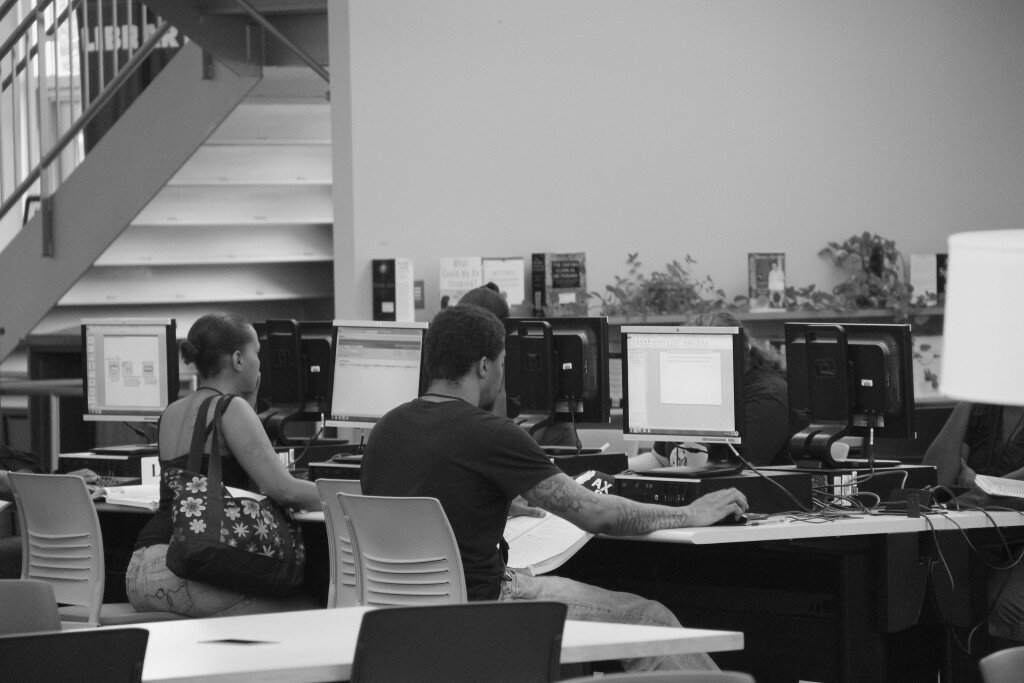
Kennedy-King College Public Computer Centers
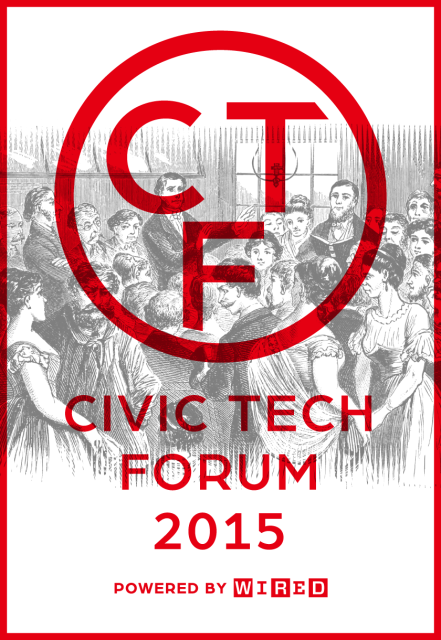 Our own Christopher Whitaker will be giving a keynote speech in Tokyo this weekend at the Civic Tech Forum.
Our own Christopher Whitaker will be giving a keynote speech in Tokyo this weekend at the Civic Tech Forum.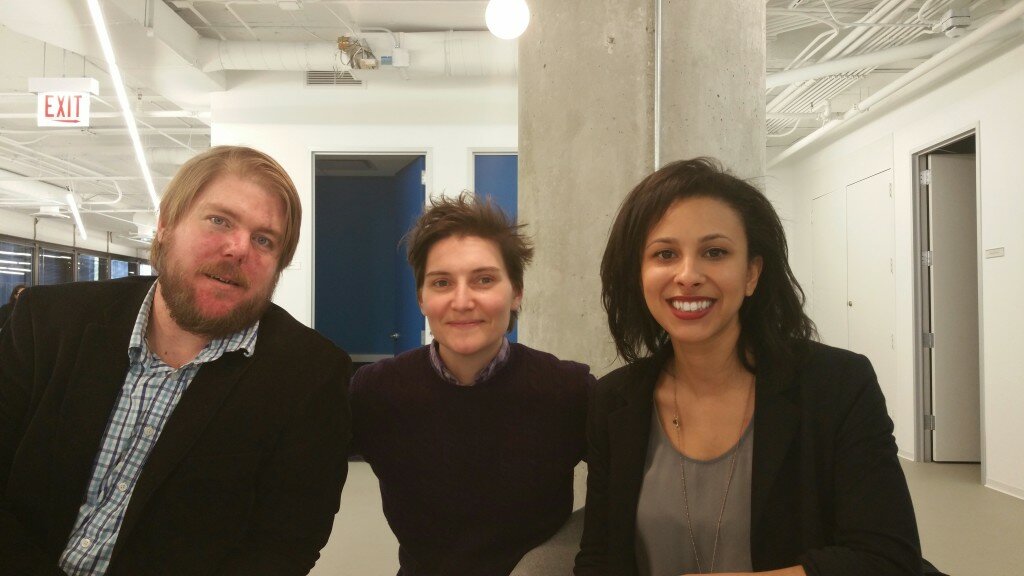







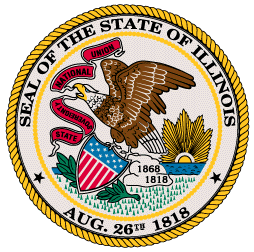 This morning, Wednesday, March 11, 2015, at 10AM, I will be chairing a
This morning, Wednesday, March 11, 2015, at 10AM, I will be chairing a 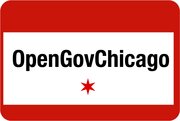 At OpenGovChicago this year, we’ve been focusing on learning about and helping grassroots groups that interact with official government functions. This time the focus was on Chicago Public Schools and Local School Councils. Local School Councils were first created in 1988 from the
At OpenGovChicago this year, we’ve been focusing on learning about and helping grassroots groups that interact with official government functions. This time the focus was on Chicago Public Schools and Local School Councils. Local School Councils were first created in 1988 from the